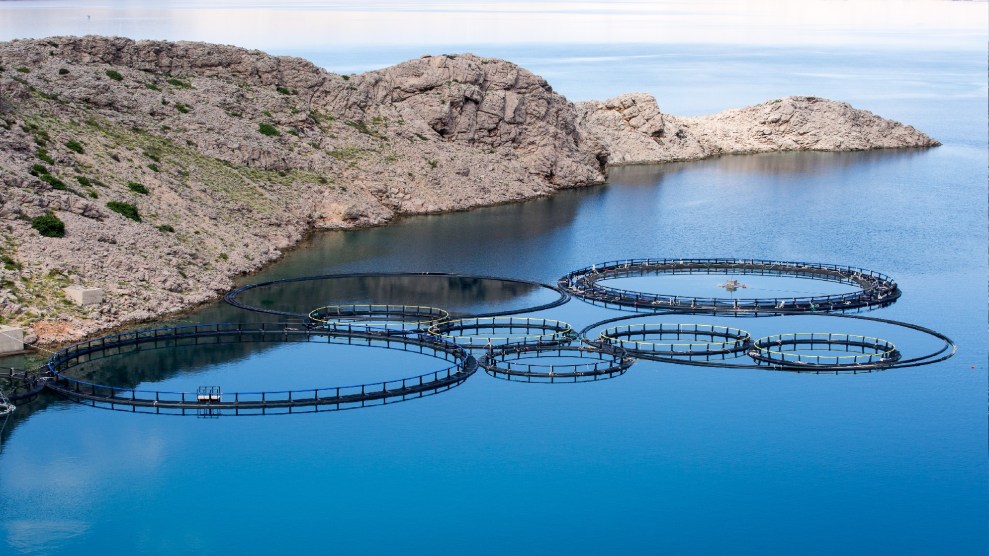
Army.mil on flickr
It’s not a question one tosses off idly. There’s no comparison between the U.S. and places like Afghanistan and Iraq, which have lost, as Max Weber put it, “the monopoly on the legitimate use of physical force.” Yet when it comes to America’s ability to protect itself from the vicissitudes of a changing climate, many people are wondering if some kind of third-world putdown might be accurate.
“Why do we allow the U.S. to act like a failed state on climate change?” asks George Monbiot in the Guardian, lamenting the failure of the Waxman-Markey climate bill, which passed in the House today, to achieve anywhere close to the emissions cuts that scientists and European countries say are needed to avert catastrophe. “A combination of corporate money and an unregulated corporate media keeps America in the dark ages.”
Over at the Thin Green Line blog, Cameron Scott expands on the idea, construing Weber a bit more broadly. “A failed state is one in which the government can no longer control destructive social forces,” he writes. “The forces in question here are the powers of lobbyists to write mistruths into law.” One of those mistruths being that we need not feel a sense or urgency about climate change.
Personally, I prefer the definition of a failed state offered by the experts at the Crisis States Research Center, who say, “A failed state is one that can no longer reproduce the conditions for its own existence.” A climate that can sustain us is certainly one of those conditions. Even if the U.S. survives the loss of its coastal cities and the Sierra snowpack that feeds California, it probably won’t endure the ensuing global resource wars, at least not in its current form.
You can quibble over whether the U.S. is a failed state or a failing state–it really depends on when you think the world has passed the global tipping point and how much we’re to blame. Perhaps we’re more accurately described as a rogue state. Like Iran, but more advanced. Instead of forcibly preventing the media from covering inconvenient truths, all our ruling elite needs is the death of a pop star. Voila! The debate on climate change disappears, replaced with obeisances to the God of Pop.
















